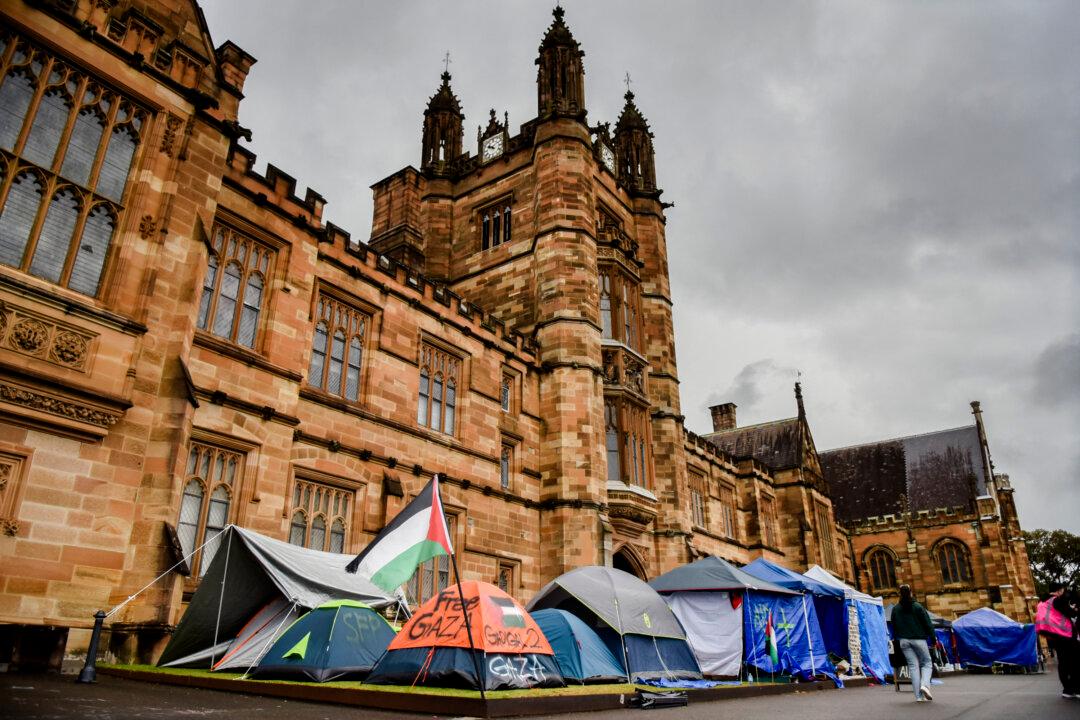Jewish student and staff unions have called for a judicial inquiry into rising antisemitism on Australian university campuses since the Oct. 7 Hamas attacks.
Noah Loven, a representative from the Australian Union of Jewish Students, urged the Senate committee chaired by Labor Senator Nita Green to recognise the severity of the situation. He warned that antisemitism is becoming entrenched due to universities’ failure to address the issue.





